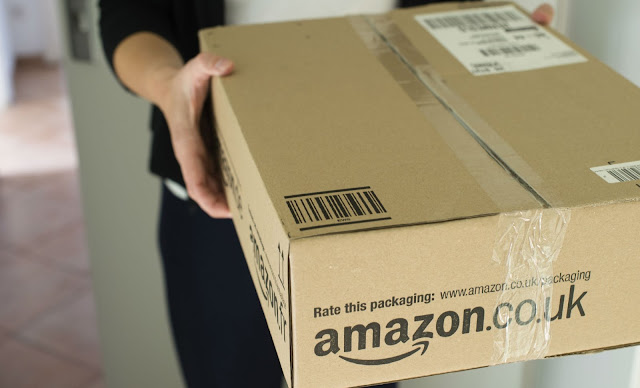Can you survive and sell on the internet without being the cheapest?
In the offline world, there are many types of stores and not all bet on the same criteria to try to reach the consumer. Not everyone wants to have a low cost supermarket or a discount store in which the main offer are products at low prices. So why is there a certain belief that when selling online you have to sell at a low price? Is e-commerce marked by offers to the point that it is only successful if it is sold cheap?
For years, what most worked on the net were the offers. Consumers made the network their main ally when they were looking for things at lower prices. The trips started to be bought online because the internet was able to find the lowest prices, last minute offers of hotels or the cheapest fares of the low cost airlines. Then came the coupon pages or online outlets, which were the entry point for many consumers for e-commerce. And then many large e-commerce companies that invoice millions have made offer low prices a decisive element of their corporate image and the service they offer to consumers.
This has consolidated the idea that the Internet has to always be cheap, although the truth is that consumers do not just look for that in the network. There are many criteria that lead consumers to put the price behind and be willing to pay more for what is being offered.
How they are willing to pay more
Consumers have a certain scale of values in which they mark points in which they know that they will have to pay more and in which they are willing to pay more money than they usually pay for other things and products.
Outside the network, consumers are willing to pay more when what is offered is a superior product. In this way, offering a service and a portfolio of products of superior quality is an important tool of differentiation that can serve to get consumers to become consumers delivered without the price becomes a decisive element for the purchase decision. Just take for example some of the e-commerce initiatives that have made your great letter of presentation the fact that your products come from the field to the table, such as those who serve fruits exclusively and directly.
They can also be differentiated by using exclusive products. So another element that can make the price fall into the background is the nature of the products they are selling. Is the online store offering something that goes beyond what everyone else offers? One of the elements that have served many companies to catch the attention of buyers is to have things that others do not have. Online cosmetics stores, for example, often work thanks to this resource. Import products that are not easy to find, brands that only they have or products that work almost as little discovered secrets are some of the tools they come up with.
But not only the quality or the exclusivity of the products can serve as a deterrent so that consumers do not worry about the price. There are also market segments (and market segments with high online penetration) where monetary issues have become less relevant. Artisan products, ecological, sustainable or those with a certain artistic will tend to have much higher prices than the average.
Equally, not only the product itself can mark the prices. The speed of service is another aspect that makes consumers obviate price as a barrier to entry. Being sure that the products will arrive quickly once bought usually makes consumers more willing to pay more for them.


